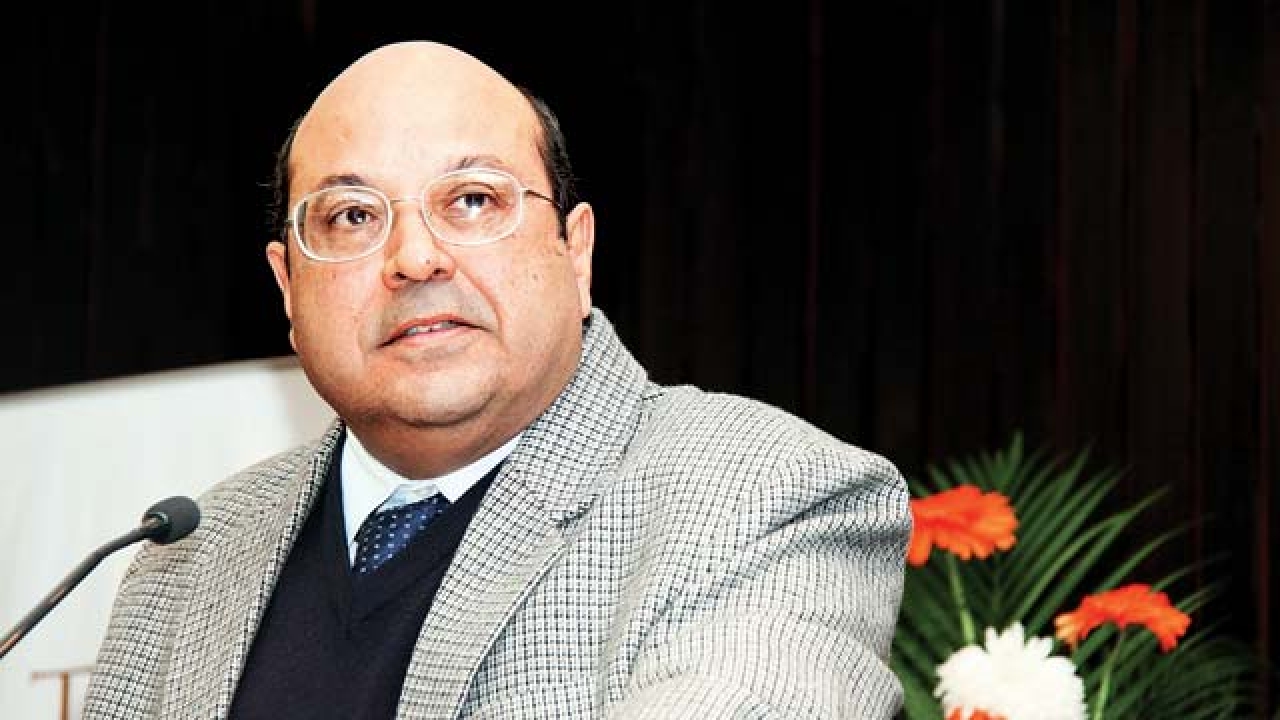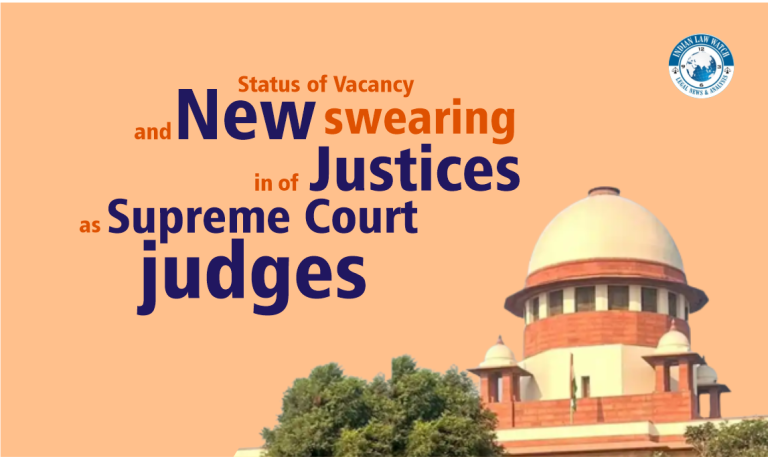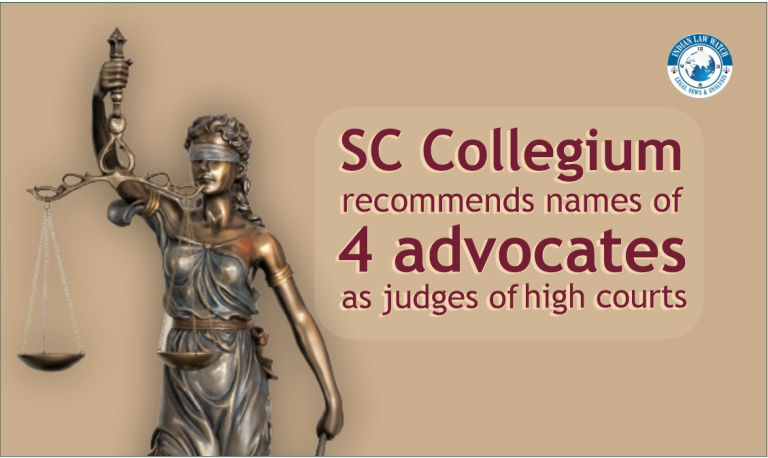
Son of noted jurist Fali Nariman and a postgraduate from Harvard Law School, Nariman was designated as a senior counsel in December 1993, at the young age of 37. While practising as a senior counsel in the Supreme Court, he was appointed Solicitor General of India in July 2011 for three years. But in February 2013, he gave up the position.
The judiciary, however, had no doubts on his merit, and in little over a year, on July 7, 2014, he was sworn in as a Supreme Court judge, making him the fourth such counsel to be directly elevated from the bar to the bench. He was 5th person to be directly elevated to the bench from Bar. Justice Nariman got elevated a month after the Narendra Modi government came to power in the year 2014. His name was recommended by the collegium then headed by Chief Justice R.M. Lodha.
Justice Nariman got enrolled in the Bar in 1979. After obtaining his LL.M degree from Harvard, Justice Nariman practised Maritime Law in New York at Haight, Gardener, Poor and Havens for a year. Constitutional Law has been his forte. For his LL.M thesis, Justice Nariman wrote a dissertation on “Affirmative Action- a comparison between India and US Constitutional Law”
Justice Nariman said merit should be the predominant criterion in judicial appointments. “For that, it is very clear, merit must predominate, subject to other factors. But merit always comes first,” he said further in one of his speeches “It’s time more direct appointees are elevated to the Bench”.
In his book, Nariman’s father and eminent jurist, Fali S Nariman, wrote that since his family was “priestly,” his wife made sure the son got ordained as a priest at the young age of 12. Writing further, the senior lawyer said that Justice Nariman had performed the Navjote ceremony of his sister Anaheeta in Mumbai.
Justice Nariman is married to Dr Sanaya Nariman.
Historic Judgment
- Tripple talaq
- Aadhar card case on right to privacy
- Decriminalisation of homosexuality: Navtej Singh Johar case: Justice Nariman quoted extensively about Oscar Wilde’s life and his prosecution by the then British state because of his sexuality.
- Entry of women of particular age in Sabrimala Shrine.
- Installation of CCTV in central offices as CBI/NIA/police stations
- Reliance Biyani dispute: Emergency Arbitration
- On extrajudicial killings, a bench led by the then Chief Justice R.M. Lodha, and comprising Justice Nariman, laid down a set of 16 guidelines to be followed while investigating police encounters. It was this verdict that became the basis for the 2017 ruling on the extrajudicial killings in Manipur.
- Justice Nariman’s views in the K.S. Puttaswamy case, which declared privacy a fundamental right under Article 21 of the Constitution;
- Joseph Shine case that struck down Section 497 of IPC, related to adultery.
Books Authored by Rohinton Nariman
Discordant Notes, Volume 1: The Voice of Dissent in the Last Court of Last Resort
Discordant Notes, Volume 2: The Voice of Dissent in the Last Court of Last Resort
The Inner Fire: Faith, Choice, and Modern-Day Living in Zoroastrianism





